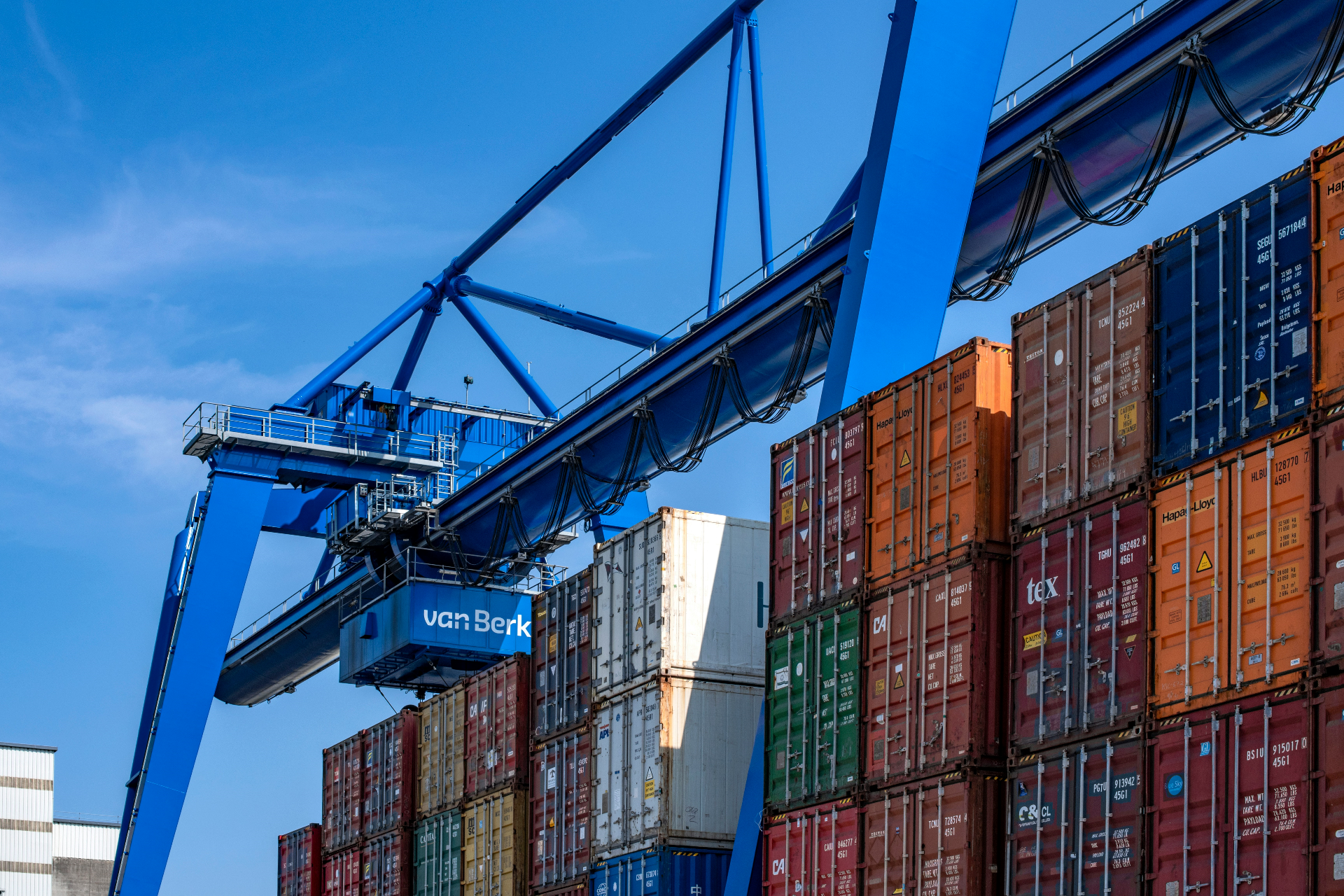Exporting to emerging markets presents exciting opportunities for businesses seeking growth beyond traditional markets. By conducting thorough market research, identifying growth sectors, adapting to local preferences, building local partnerships, mitigating risks, nurturing relationships, and embracing a culture of continuous learning, exporters can capitalize on the potential of emerging markets and drive sustainable growth in these dynamic economies.
Market Research and Analysis
Effective market research is the foundation of successful exporting to emerging markets. It's crucial to understand the economic, political, and cultural dynamics of the target market. Analyzing market trends, consumer behavior, competitive landscapes, and regulatory environments provides valuable insights for developing tailored strategies.
Identifying Growth Sectors
Emerging markets are often characterized by rapid industrialization, urbanization, and a rising middle class. Identifying growth sectors in these markets, such as technology, infrastructure, healthcare, renewable energy, and consumer goods, can help exporters align their products and services with the evolving needs and aspirations of the local population.
Adaptation and Localization
Cultural nuances play a significant role in emerging markets. Adapting products, services, and marketing strategies to align with local preferences, languages, customs, and values is crucial for success. This may involve product modifications, pricing adjustments, and localized marketing campaigns to resonate with the target audience and establish a strong brand presence.
Building Local Partnerships
Collaborating with local partners, distributors, and agents can provide valuable market insights, establish networks, and navigate the complexities of doing business in emerging markets. Local partners bring expertise in distribution, market access, regulatory compliance, and cultural understanding, which can significantly enhance market entry and growth prospects.
Mitigating Risks
Emerging markets can pose unique challenges such as political instability, legal complexities, and fluctuating economic conditions. It is vital for exporters to assess and mitigate risks through proper due diligence, insurance coverage, and legal support. Developing contingency plans and diversifying market exposure can minimize potential risks and safeguard business interests.
Building Relationships and Trust
Cultivating relationships and building trust with local stakeholders is essential for long-term success. Investing in personal connections, establishing a strong reputation for quality and reliability, and delivering superior customer service contribute to the growth of a loyal customer base and positive word-of-mouth referrals.
Continuous Learning and Adaptation
Emerging markets are dynamic and constantly evolving. Exporters need to stay agile and embrace a mindset of continuous learning and adaptation. Monitoring market trends, consumer behavior, and regulatory changes enables exporters to anticipate shifts, identify new opportunities, and adjust strategies accordingly.
Related Information



















































